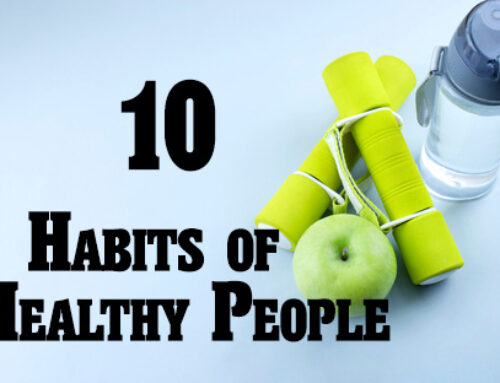 A garden can be a great way to help strengthen your immune system. Simply working out in the dirt can be a great training ground for your immune soldiers. The produce is also a fantastic source of antioxidants, which are important for fighting off pathogens.
A garden can be a great way to help strengthen your immune system. Simply working out in the dirt can be a great training ground for your immune soldiers. The produce is also a fantastic source of antioxidants, which are important for fighting off pathogens.
For your first gardening experience, don’t bite off more than you can chew…or hoe. Start off with a garden no larger than 8’ x 10’. It’s important to choose a location that receives as much sun as possible throughout the day, is relatively flat, and away from large trees.
What should you plant?
It’s important to plant foods that you like to eat. Focus on the healthiest vegetables and the “dirtiest” vegetables, those that are most commonly sprayed with cancer-causing fertilizers and pesticides (kale, spinach, strawberries, bell peppers, celery, tomatoes, etc).
Here are some specific examples of great, easy to grow, vegetables:
Broccoli, peas, beans (especially dry beans), Brussels sprouts, tomatoes, red bell peppers, beets, leaf amarantha, carrots, and leafy greens.
Also consider these great “companion herbs” to grow alongside your other veggies:
Basil, chamomile, chive, cilantro, dill, garlic, mint, rosemary, sage, and tarragon.
Organic Gardening Ideas
Beer Fertilizer
1 cup Epsom salt
1 can of beer
1 cup of ammonia
Dissolve the Epsom salts in 2 cups of warm water. Add the Epsom salt and a can of beer into your garden sprayer or 3 gallon watering can. Add the ammonia right before use to maximize its effectiveness.
Homemade All-Purpose Insecticide Spray
15 cloves garlic
1 onion
3 cayenne peppers
1/2 teaspoon liquid Castile soap
4 cups water
Blend in a blender and use with a spray bottle.
Don’t Forget!
Please remember when working in the garden to bend with your legs and hips and not through your back. Don’t turn a healthy activity into one that sacrifices your most important structure, your spine! Keep your regular chiropractic appointments at






